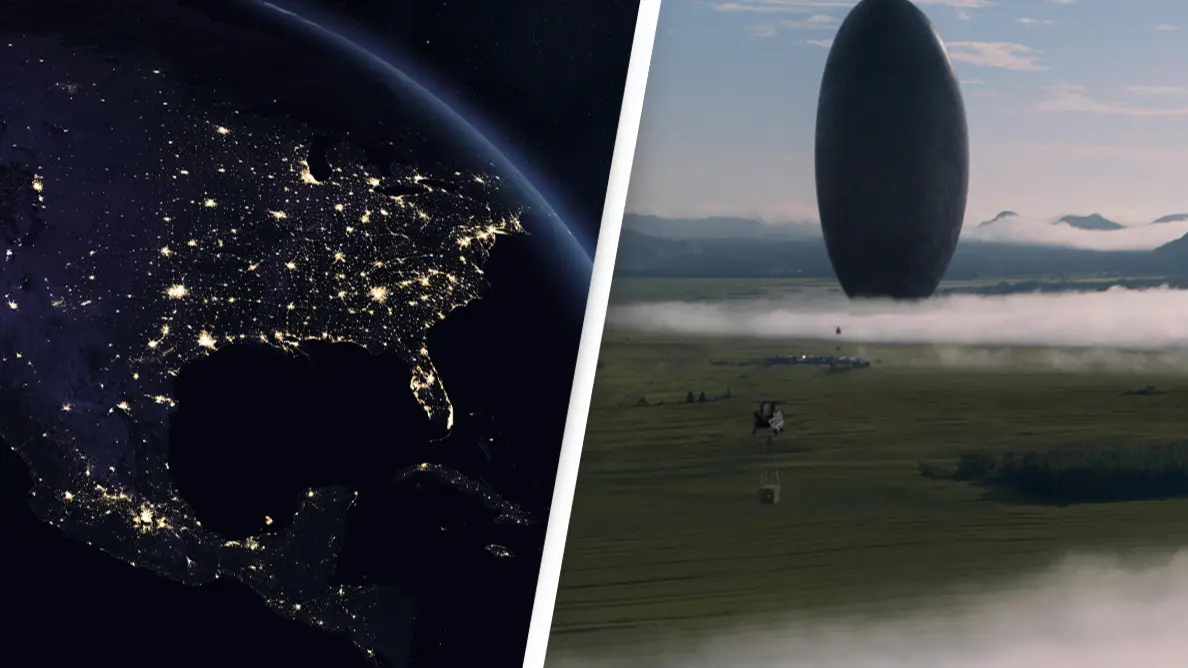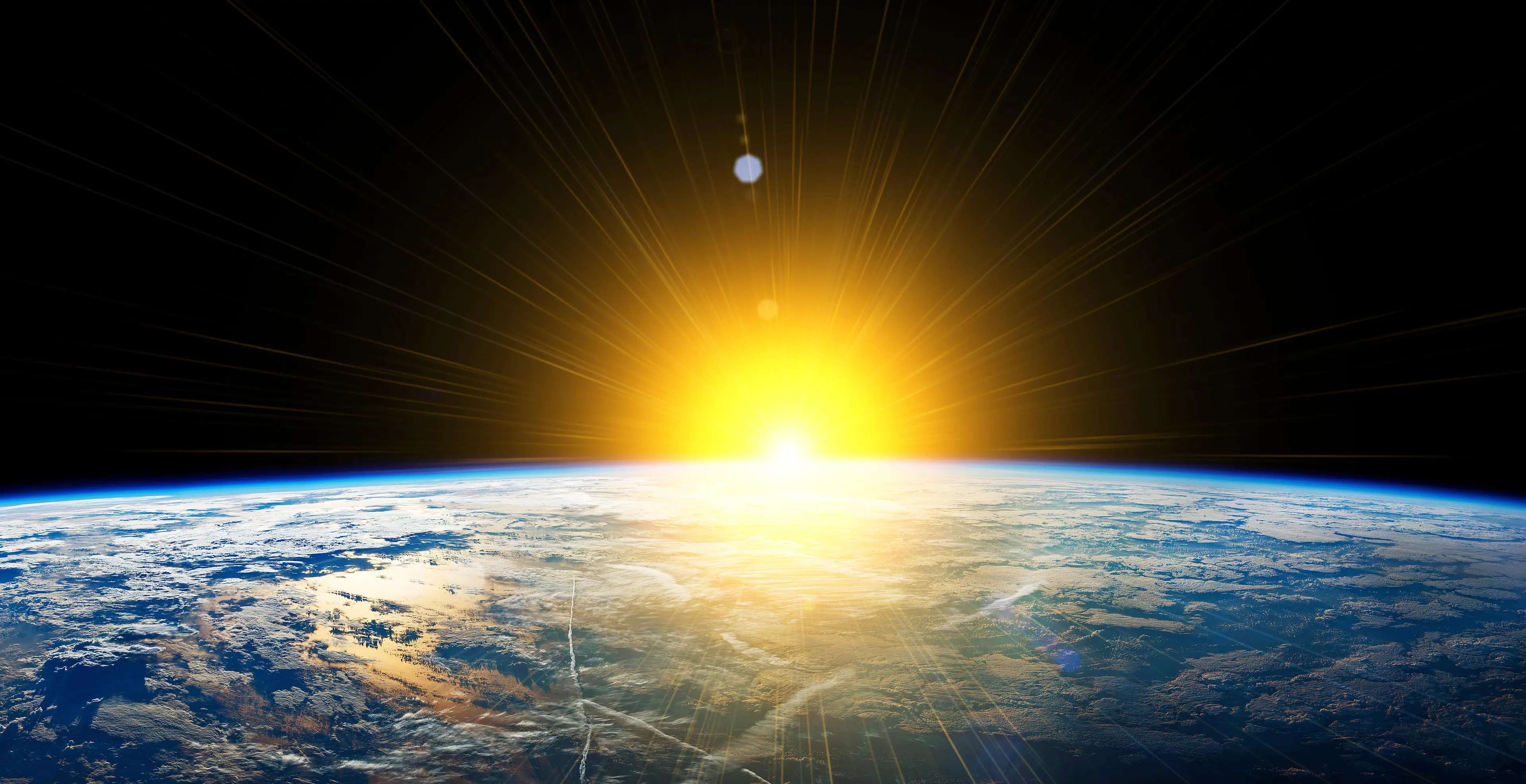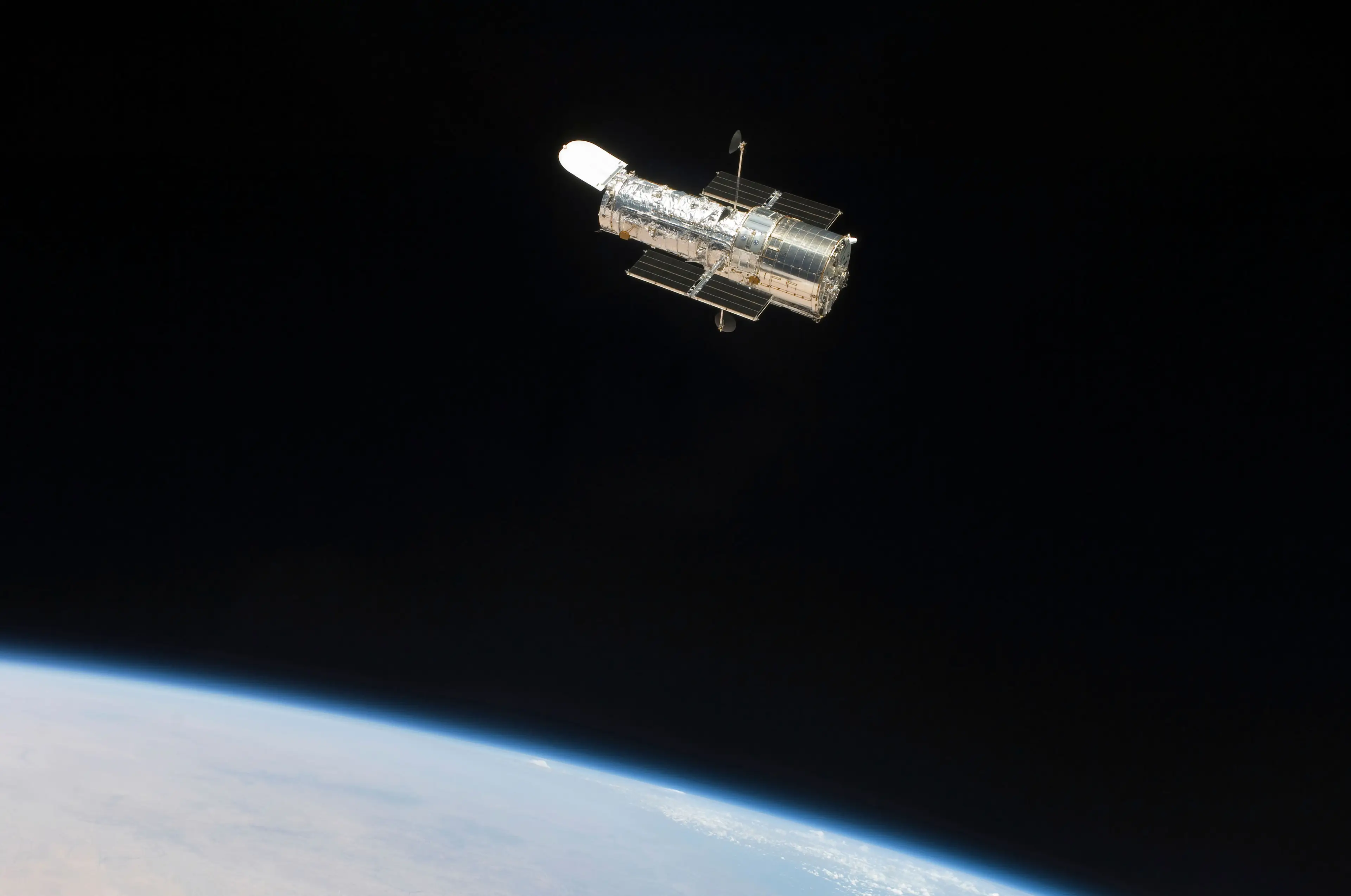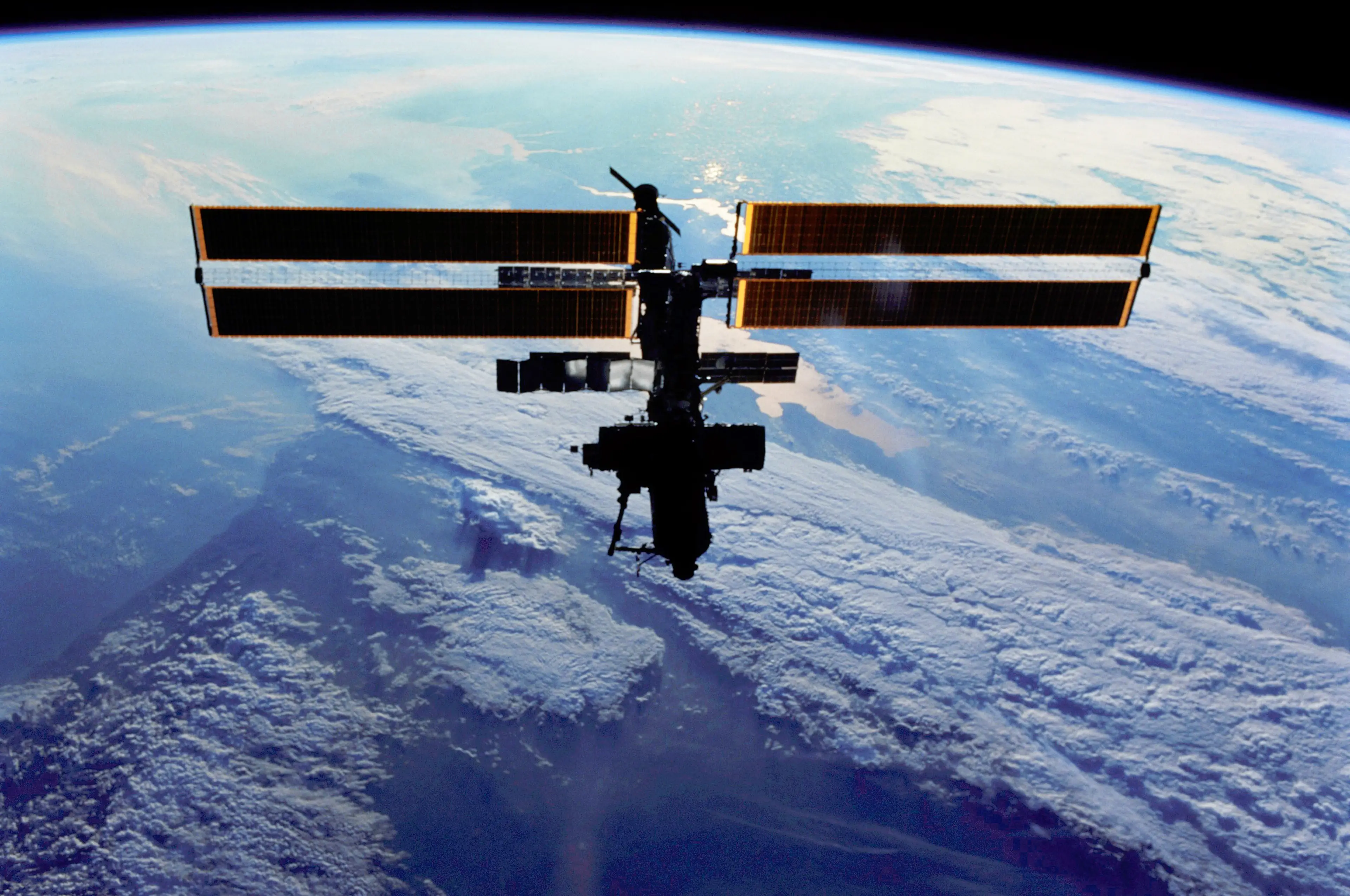
If you’ve been hoping for an alien meet-cute, chances are your efforts will go to waste.
'Why', you ask? Experts now believe that it’s unlikely that astronomers will be able to locate otherworldly lifeforms due to a worrying new theory.
The basis of this theory has to do with satellites in the night sky, which will block out stars, thus making it difficult to detect alien life.
Advert
There are more than 8,000 satellites orbiting the Earth and not only is this a four-fold increase since 2019, the numbers are expected to increase by the end of the decade.
As things currently stand, some 400,000 satellites have been approved globally for low Earth orbit in the future.

Tony Tyson, Professor of Physics and Astronomy at the University of California, warned: “If you went out in a dark place somewhere and looked at the sky in 2030 it would be a very macabre scene.”
He told The Telegraph: “The sky will be crawling with moving satellites and the number of stars that you would see are minimum, even in a very dark sky. It’s a major issue.”
Some space novices may be wondering why a satellite orbiting the earth would render stargazing and therefore looking for signs of alien life impossible - here’s why.
Satellites reflect sunlight back down to Earth. Astronomers must deal with bright streaks of light created by satellites as they drift across the optical field of telescopes to see what's going on up above.

Internet satellites can also interfere with sensitive radio telescopes.
Images from the Hubble Space Telescope have been ruined by over-saturation from passing satellites which are reflective.
Internet satellites emit downlink beams which are millions of times more powerful than the sources radio telescopes are attempting to detect. This can hinder the ability to detect signals from space.
Dr Robert Massey, Deputy Executive Director of the Royal Astronomical Society (RAS), is also concerned about what the additional satellites in orbit mean for ‘detecting signals from other civilisations’.

The RAS, UK Space Agency (UKHSA) and the Department of Business had a meeting about the matter at a Dark and Quiet Skies conference last week in an effort for more regulation in the skies.
Dr Massey said: “There is the real prospect that we could see hundreds of thousands of satellites in orbit by the end of the decade.
“Frankly, searching for the origin of life may be a long shot but detecting signals from other civilizations becomes harder if you have an incredibly powerful and noisy sky.
“Unlike light pollution, you cannot get away from it, because wherever you are on Earth you can see the sky.
“If we leave this unchecked, I think this is also a cultural issue. If you get to the point where satellites make up, say about 10 percent of the stars in the sky moving around, I think that’s fairly intrusive and it is a damage to that natural landscape.”
We definitely don't want to unintentionally ignore an alien because we missed their message due to satellites, do we?
